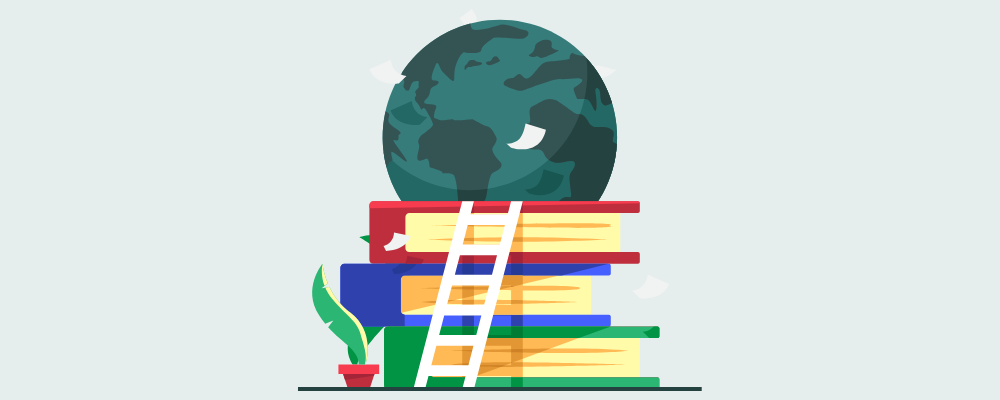Standards are an essential part of a healthy supply chain. BookNet Canada consults on and develops standards with the Canadian book industry’s needs in mind. Since BookNet’s founding in 2002, we have worked on several kinds of standards, including EDI, product identifiers, subject and other classification schemes (Thema, BISAC, etc.), and ONIX.
Before wading into SANs and the supply chain, it’s important to know what a standard is. A standard is a set of agreed-upon ways of doing things, as determined by experts in doing those things. Standards reflect the agreed-upon ways of doing business in the present, with an open outlook to the future.
A SAN, or a Standard Address Number, is a standard that identifies a real, physical location and is essential to the modern supply chain in the publishing industry. A seven-digit SAN is akin to a Global Location Number (GLN), but specific to the publishing industry. Both are used to trade using EDI (Electronic Data Interchange), a fast and easy mechanism for trading electronic business documents (orders, shipment notices, and invoices) in a standardized format.
In North America (and Australia and New Zealand), SANs are maintained by Bowker, an industry body charged with a number of identifiers specific to the publishing industry. Bowker lists many benefits to using a SAN when placing orders (either using EDI or not):
SANs help reduce errors in shipping, billing, returns, and payment.
SANs ensure accuracy in order fulfillment by uniquely identifying an address when processing orders electronically.
SANs benefit all organizations related to the publishing industry, from publishers, wholesalers, and retailers to libraries, schools, and book manufacturers.
SANs are required in communications using BISAC EDI formats.
SANs are used by PUBNET, X*NET, PubEasy.com, and PacStream.
While one company may own multiple SANs, to differentiate between different physical locations (such as a company's head office, a field sales office, a Canadian returns address, and a foreign distribution centre), each SAN is unique for each real world location — no two SANs are the same.
Having a SAN is essential to ordering books electronically, and is increasingly in demand from publishers looking to standardize their databases and fulfillment processes. BookNet Canada, in partnership with Bowker, issues SANs to new EDI users.
Starting a bookstore? You can sign up for your own SAN and PubNet EDI mailbox using this form.
Are you a publisher or distributor looking to professionalize your fulfillment business? You can sign up for your SAN and PubNet EDI mailbox.
Information about BookNet’s work in standards can be found in our user documentation.














Find out what titles made it to the September 2025 Loan Stars Junior Canadian list.